The Top 12 Art Galleries in The World
- 11th Nov 2020
- 2513
- 0

At present, there are more than 55,000 museums in 202 countries around the world. Art museums are some of the most important cultural institutions—preserving history, displaying humanity's creativity, and providing unique insights across cultures and identities. There are numerous ways to rank museums, like by the number of visitors annually, or by how progressive the curatorial programming is, for instance. For this list, we've identified the 12 greatest art museums across the globe according to which have the largest and most comprehensive collections of iconic art.
1. Smithsonian Institution, Washington, D.C.
The Smithsonian is that the world's largest research and museum complex, with 19 museums and galleries, the National Zoological Park, and various research stations. quite 137 million objects detailing America's story are housed here, so you'd better harden a protracted week of walking. There's such a lot to determine that, if you spent one-minute day and night viewing each object on exhibit, in ten years you'd see only a tenth of the full. Therefore, it's informed head out with a thought. concentrate on just one or two exhibits at two or three different museums.
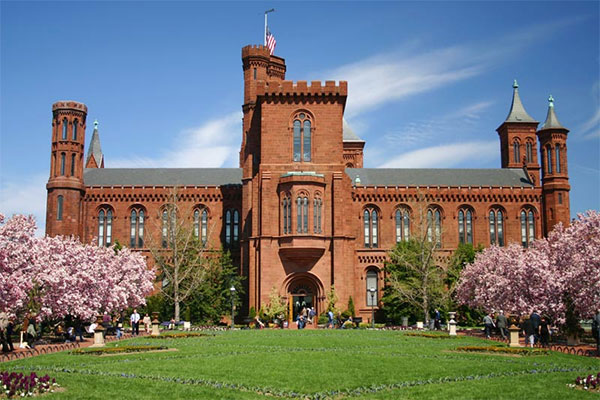
Main attractions: Dorothy's ruby red slippers, the dresses of the primary Ladies, and also the original flag at the National Museum of yank History; the Gem Hall (including the Hope Diamond) at the National Museum of Natural History; and also the Wright brothers' 1903 Flyer, the Spirit of St. Louis, and therefore the Apollo 11 module at the National Air and Space Museum.
2. Le Louvre, Paris, France
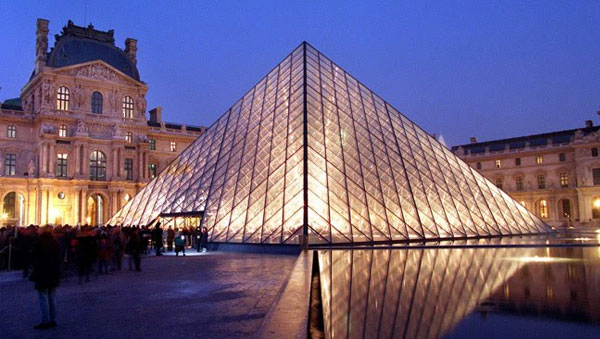
Le Louvre was a medieval fortress and the palace of the kings of France before becoming a museum. The new main entrance of I. M. Pei's pyramid shocked many when it had been unveiled in 1989, yet it somehow works, integrating the palace's disparate elements. The museum's collections, which range from antiquity to the primary half the 19th century, are among the foremost important within the world. an honest place to start out is that the Sully Wing, at the foundations of Philippe-Auguste's medieval keep—it's within the heart of the Louvre, kids am passionate about it, and it leads straight to the Egyptian rooms.
Main attractions: "Venus de Milo," "Winged Victory of Samothrace," and Leonardo da Vinci's "Mona Lisa."
3. The Acropolis Museum, Athens, Greece
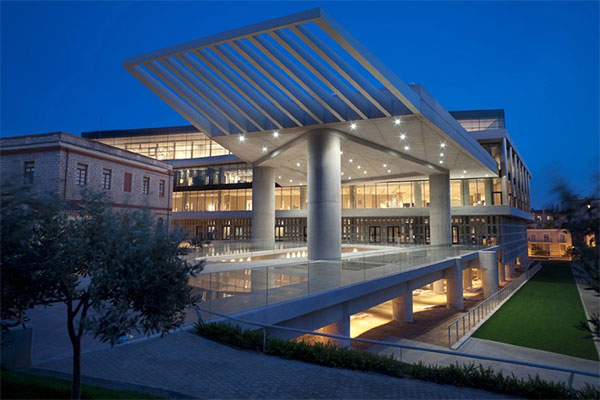
The stunning ground floor gallery houses finds from the slopes of the Acropolis. The amazing transparent glass floor provides a shell history, with a view of the archaeological excavation, while sloping upward to the Acropolis with sanctuaries of the Athenians from each historic period nearby. Smaller settlements are excavated, yielding glimpses of Athenian life. For the primary time, the exhibits within the Archaic Gallery allow visitors to require all told sides of the objects, which are displayed in open spaces characterized by changing natural light.
Main attractions: The frieze of the Parthenon is mounted on a structure with precisely the same dimensions because the cell of the Parthenon, giving comprehensive viewing of each detail.
4. State Hermitage, St. Petersburg, Russia
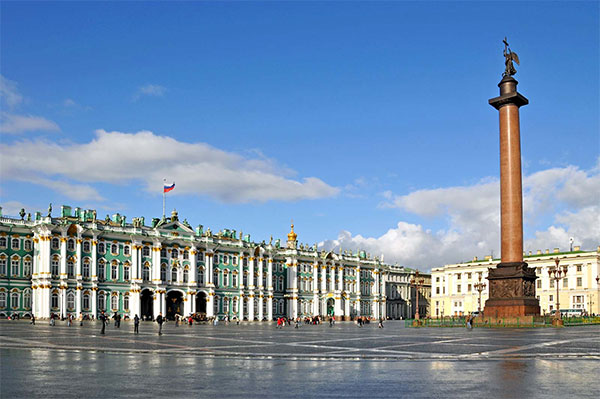
Russia is also isolated from the artistic centers of Paris, Rome, and London, but the Hermitage has managed to accumulate a spectacular collection of world art—more than three million items—spanning the years from the period to the first 20th century. There are six buildings occupied by the museum along the river, the leading structure being the confection-like Winter Palace. Catherine the good founded the museum that very same year when she purchased 255 paintings from Berlin. The museum's point of interest is Western European art—120 rooms in four buildings starting from the center Ages to this day. Rembrandt, Rubens, Tiepolo, Picasso, Cézanne, Gauguin, Van Gogh, Titian, da Vinci, and Goya are all represented here. For in-depth tours, contact Glories of the Hermitage.
Main attractions: The Treasure Gallery's Gold Rooms showcase golden masterpieces from Eurasia. The museum also houses pieces from Nicholas II's private collection, including paintings, drawings, and medals created to commemorate his coronation.
5. Towada Art Centre, Towada, Aomori Prefecture, Japan

While this museum is little and young (it opened in 2008 and its permanent collection features just 38 commissioned works!), it features prominent pieces from artists who you're bound to know of, like musician, Yoshitomo Nara, and Jeong Hwa Choi. Also Do Ho Suh's Cause and Effect (2012) and Yayoi Kusama's Love Forever, Singing in Towada are some of the must-see pieces.
6. The British Museum, London, England
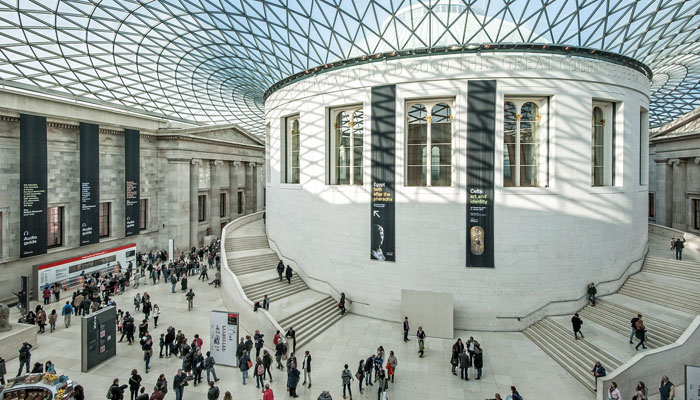
Britain's largest museum takes care of the national collection of archaeology and ethnography—more than eight million objects starting from prehistoric bones to chunks of Athens' Parthenon, from whole Assyrian palace rooms to exquisite gold jewels.
Main attractions: The Egyptian gallery boasts the world's second finest collection of Egyptian antiquities outside Egypt, including the lettering, carved in 196 B.C.
7. The Prado, Madrid, Spain
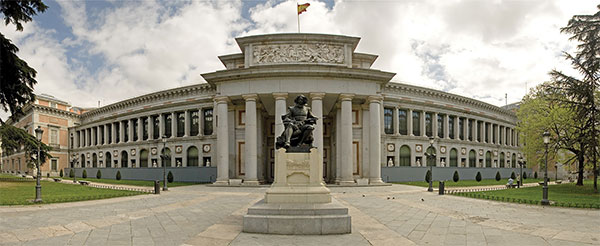
The Spanish house is accountable for the Prado’s bounty of classical masterpieces. Over centuries, kings and queens collected and commissioned art with passion and disposition. additionally, to stars of Spanish painting like Velázquez, Goya, Ribera, and Zurbarán, the Prado has big collections of Italian (including Titian and Raphael) and Flemish artists. Fernando VII opened the gathering to the general public in 1819, within the same neoclassic building it’s housed in today, designed by Juan de Villanueva. Main attraction: “The Three Graces” by Rubens.
8. The Metropolitan Museum of Art, New York City
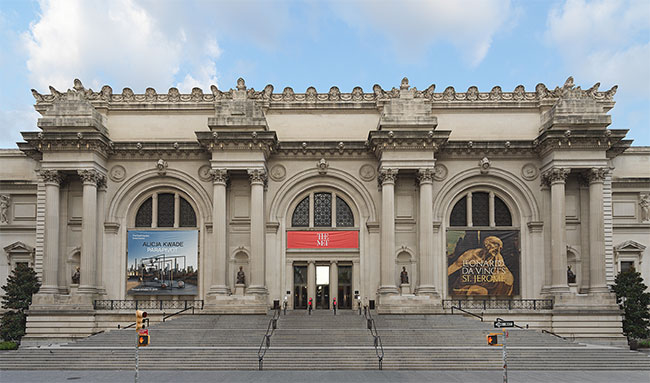
New York The Metropolitan Museum of Art is the largest museum within the hemisphere. Its collection of over two million items isn't only broad—covering the whole world, from antiquity to the present—but deep, withholdings so large in a very number of areas that some may well be considered museums unto themselves. Its European paintings are stunning: works by Botticelli, Rembrandt, Vermeer, Degas, Rodin, and other luminaries. The Egyptian Collection showcases the tomb of Perneb and the exquisite Temple of Dendur. The American Wing contains American arts and crafts, including a space from a Frank Lloyd Wright Prairie House. and therefore, the list goes on and on.
Main attractions: “Adam and Eve,” the well-known engraving by engraver, is barely one amongst the numerous impressive pieces you'll discover at the Met.
9. ART INSTITUTE OF CHICAGO, Chicago, Illinois
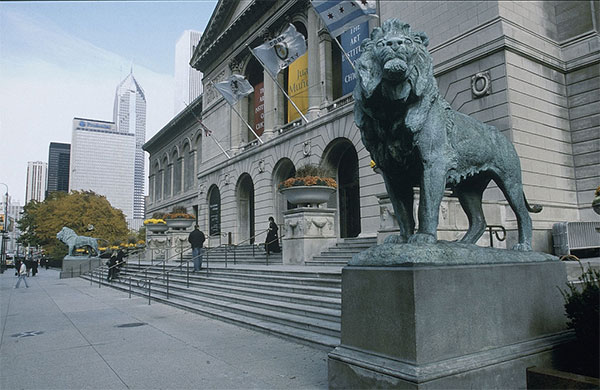
The Art Institute of Chicago is famous for having over 300,000 works of art, many of which are famed masterpieces. The museum has over 30 Monet’s alone, including his renowned "Haystacks" series. Visitors will recognize Gustave Caillebotte's Paris Street; period (1877), Grant Wood's American Gothic (1930), and Georges Seurat’s A Sunday Afternoon on the Island of l. a. Grande Jatte (1884).
10. The Vatican Museums, Vatican City, Italy
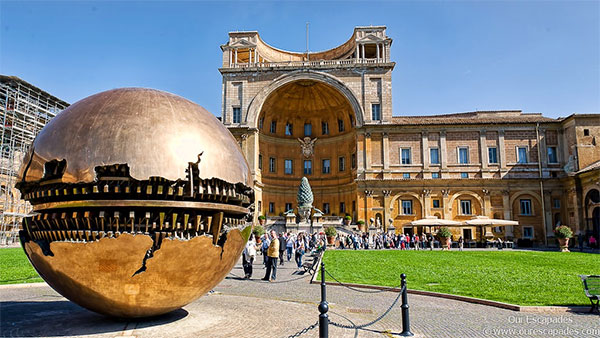
Twenty-two separate collections comprise the Musei Vaticani, all more spectacular than the subsequent. Few famous attractions are probably the Museo Pio-Clementino, with its splendid classical sculpture, the Raphael Rooms, entire rooms painted by Raphael, the Pinacoteca (picture gallery), which contains the cream of the Vatican’s collection of medieval and Renaissance paintings; and, of course, Michelangelo’s Sistine Chapel. But there's also the traditional Egyptian exhibits of the Museo Gregoriano Egizio, also because of the Etruscan offerings of the Museo Gregoriano Etrusco. And that’s just a start.
Main attractions: The renowned Sistine Chapel and therefore the Raphael Rooms can't be missed.
11. The Uffizi Gallery, Florence, Italy
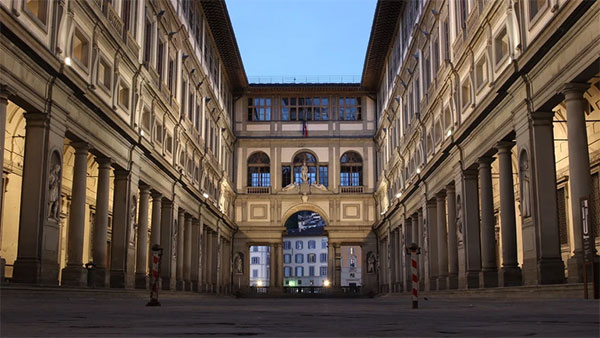
Within the case of the Galleria Degli Uffizi, it barely does justice to a gallery that holds the world’s finest collection of Renaissance paintings. All the famous names of Italian art are here—not only the Renaissance masters, but also painters from the first medieval, baroque, and Mannerist heydays. Main attraction: “The Birth of Venus” by Botticelli.
12. Rijksmuseum, Amsterdam, the Netherlands
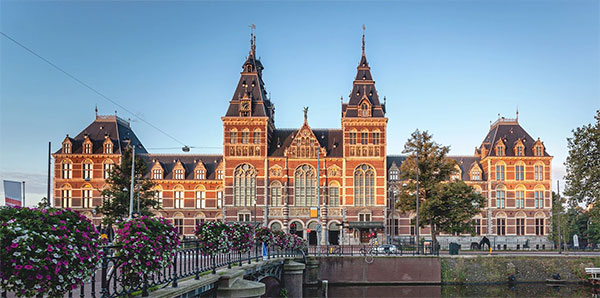
About 900,000 objects fill the Rijksmuseum, the most important collection of art and history within the Netherlands. It's most famous for its paintings by 17th-century Dutch masters, including Ruysdael, Frans Hals, Johannes Vermeer, and Rembrandt van Rijn. It was established in 1800 to exhibit the collections of the Dutch stadtholders, the Rijksmuseum also displays art from the center Ages. Most of the buildings are closed for renovation until 2013; collection highlights are displayed within the Philips Wing and at Rijksmuseum Schiphol.
Main attraction: “The Night Watch” by Rembrandt.
 Swapnasree Saha
Swapnasree Saha


Comments
No comments yet.
Add Your Comment
Thank you, for commenting !!
Your comment is under moderation...
Keep reading luxury post